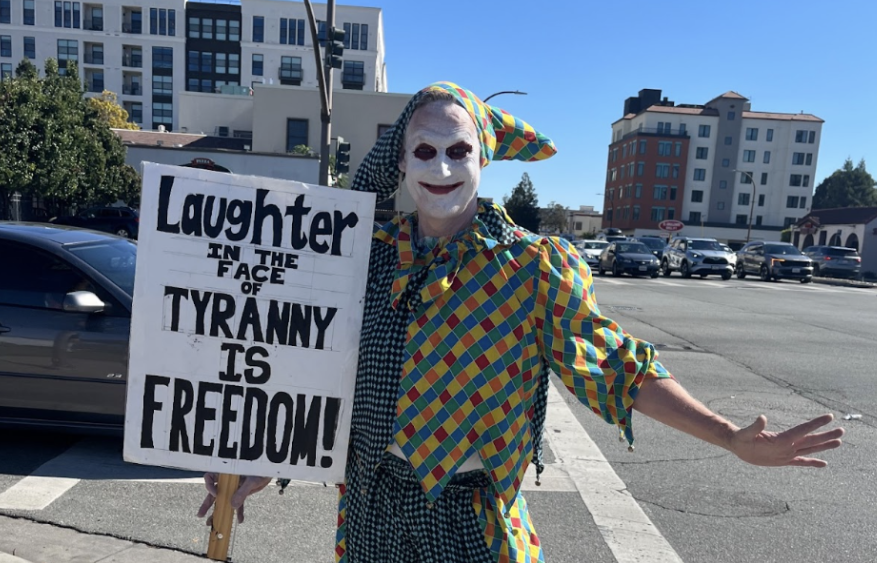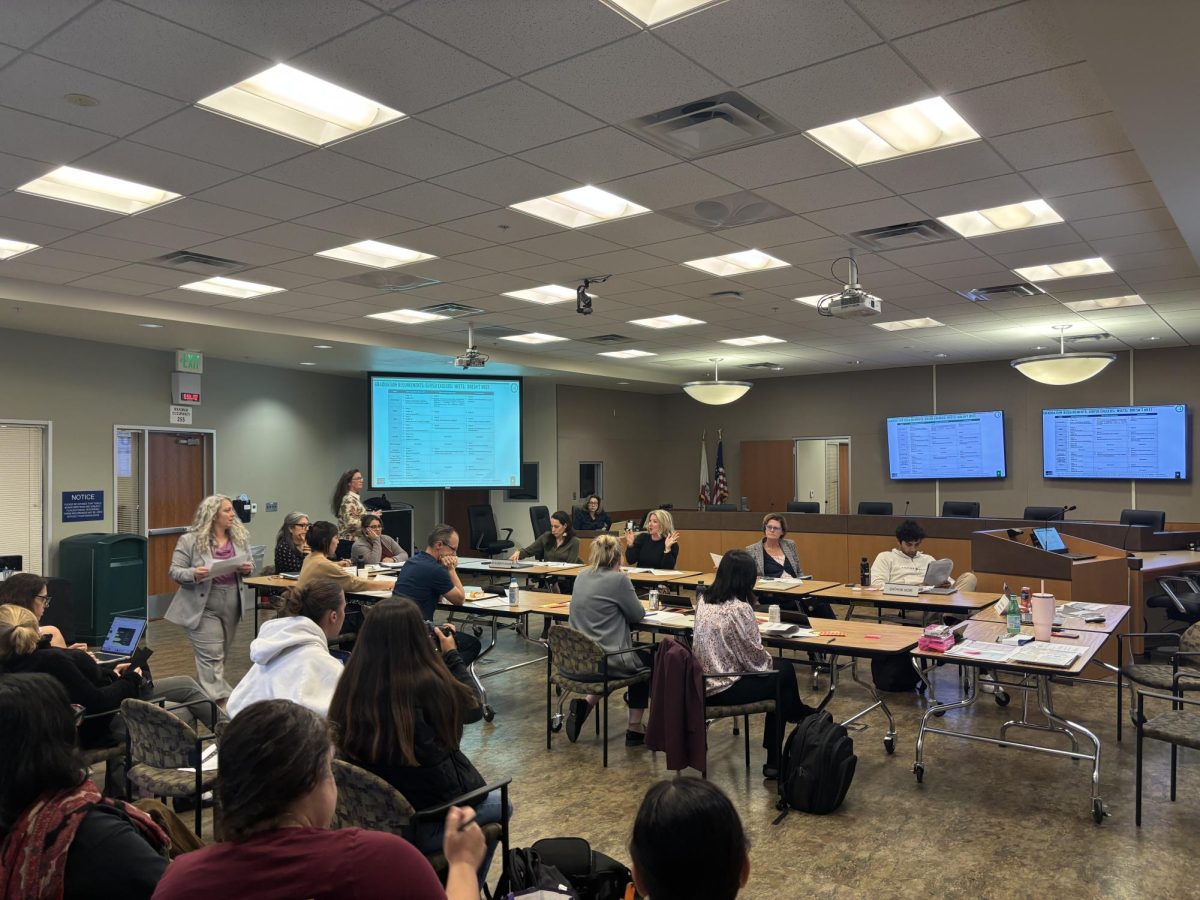The World Health Organization (WHO) declared outbreaks of Mpox (formerly known as monkeypox) as a public health emergency of global concern on Aug. 14, creating concern and interest among Woodside students.
According to UC Davis Health, WHO declared this an emergency after an outbreak of Mpox in the Democratic Republic of Congo (DRC) surged, and was affecting many people in that area. Mpox is an orthopox, meaning it is in the same family as smallpox, however it is very different from smallpox in many ways.
“The one thing about mpox is that it’s not nearly as contagious as smallpox was,” Dean Lindley Winslow, a professor of medicine at Stanford University School of Medicine, said. “That’s one reason why we’ve never seen worldwide pandemics of mpox like we did with smallpox.”
According to the Centers for Disease Control (CDC), Mpox is a virus that is not airborne, which means that people cannot contract the virus by being in the same room or sharing air with someone, but rather only through close contact. It spreads through skin-to-skin contact or contact with contaminated objects that have come into contact with infected individuals. One of the most prominent symptoms is a rash that goes through multiple stages, beginning with scabbing, which looks like pimples or blisters, and then a lesion on the body. Some other symptoms include fevers, chills or headaches. A patient may experience all or only some symptoms.
“[Mpox is] definitely not something you want to get,” Winslow said. “In at least patients with healthy immune systems, it rarely causes fatal disease or even severe disease.”
According to Winslow, this is a virus that will have some symptoms that are unpleasant, and should be taken seriously when contracted. If contracted, he recommends going to a healthcare provider to get treated. This virus is not something seriously deadly, having a 99.9% survival rate. Many Woodside students are unsure how to feel about mpox, like sophomore Aaditya Soond, who said he doesn’t know many facts about mpox.
“I have no idea where I heard it,” Soond said. “I heard that the CDC had declared it as not a national emergency, but they put out some national bulletins about it.”
There are two strains of mpox, and there was an outbreak of Clade II, a very low fatality rate virus that spread throughout the world in smaller quantities, and is only very slightly circulating in the U.S. now. Clade I, a slightly more deadly strain, is the cause for the outbreak in the DRC, and is why WHO declared it to be of international concern. No cases of Clade I have been reported in the U.S. Students across Woodside know the name, but for many, that is the extent of their knowledge of Mpox.
“I’ve heard people talking about [mpox] in conversations,” freshman Fyodor Panchenko said. “But I’ve never really heard of it.”
Due to the uncertainty surrounding this subject, it is something that could have varying levels of concern throughout the Woodside community, especially after the COVID-19 pandemic. Panchenko expresses that he is relatively unconcerned about Mpox affecting him directly. A vaccine is available to immunize against Mpox, and Winslow said one should contact their healthcare provider in order to have it administered if they are at a high risk, such as having very close contact with many individuals, or having a compromised immune system. As for how concerned the Woodside community should be about Mpox, it comes down to one key idea to staying safe.
“One of my favorite sayings is [that] knowledge is power,” Winslow said.






